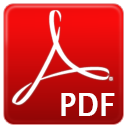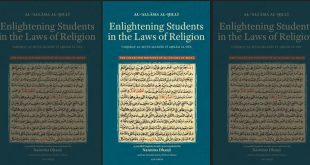In this paper, Ayatollah Makarem Shirazi examines the impact of khums on meeting the financial needs of the Muslim society.
He tackles the arguments made by those who oppose khums as envisaged in Shi‘i jurisprudence. He studies the issue by 1) defining necessary terminology, 2) using Qur’anic verses, 3) quoting exegetes, and 4) referring to Sunni and Shi‘a narrations regarding khums. In doing so, khums is proven to refer to more than war booties in the Qur’an and that it has undeniably been collected by the Prophet (S), Imams (A), and the Caliphs.
A brief study of Islam’s history and teachings is enough to illustrate that it is not only a set of moral injunctions and theological doctrines about our origin and the afterlife. Islam planned a governing system to fully meet the needs of a pure and advanced society. One of the pillars of this government is the institution of the Bayt al-Mal (the Treasury House) to meet financial needs. The Islamic Bayt al-Mal, which had been founded upon the arrival of the Prophet (S) to Medi na and his establishment of an Islamic government, consisted o f funds such as zakat , khums , anfal (spoils and public resources), kharaj (Islamic tax on agricultural land) and jizyah (tax taken from religious minorities). This paper focuses on khums and is a response to those who make the following assumption s: 1) khums is stated in the holy Qur’an only for war booties an d 2) we have no historic record in which the Prophet (S), Imam Ali (A), or the caliphs had collected khums from any source other than booties. In what follows, we will try to explain briefly why Shi‘ite jurists insist that khums means one fifth of surplus of income and that it is not limited to booties of war but any income that can be made from agriculture or farming, industry or trade, working or any other source.
 Ijtihad Network Being Wise and Faithful Muslim in the Contemporary World
Ijtihad Network Being Wise and Faithful Muslim in the Contemporary World

